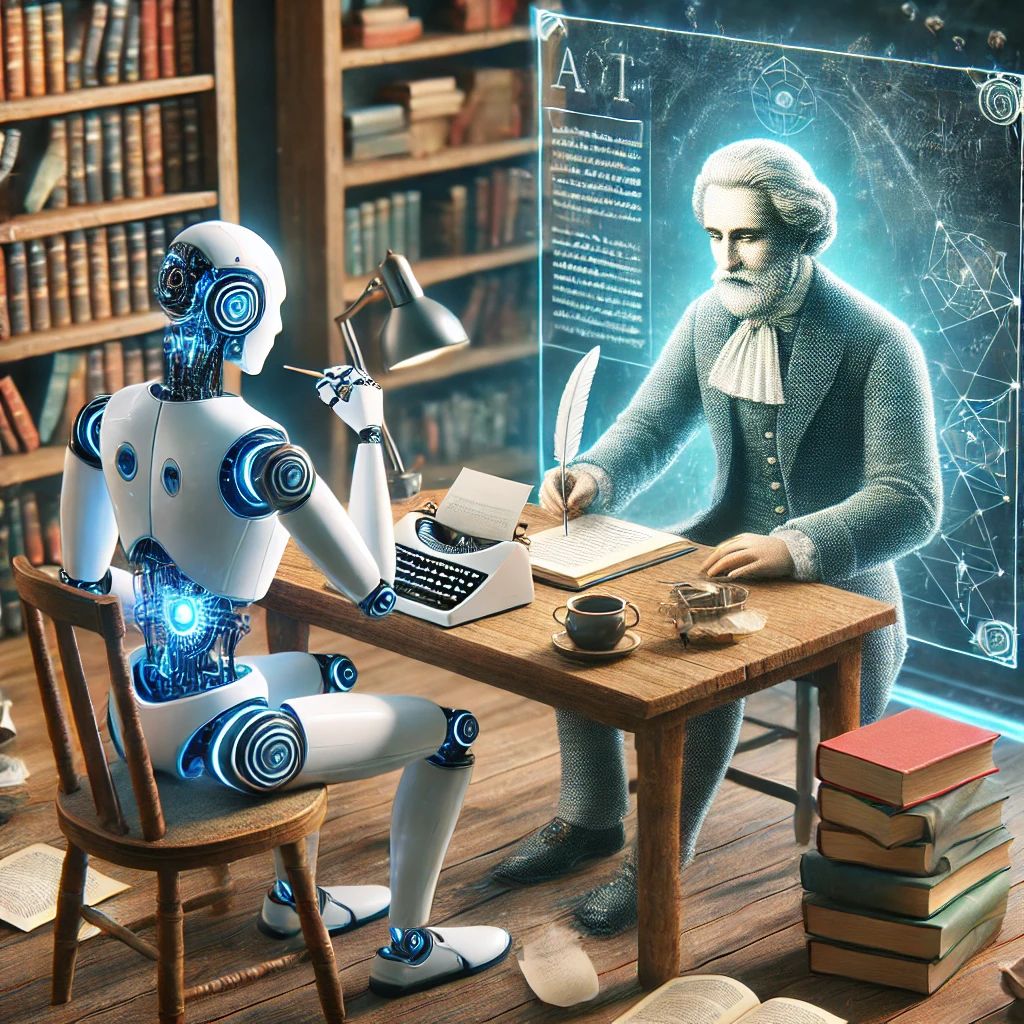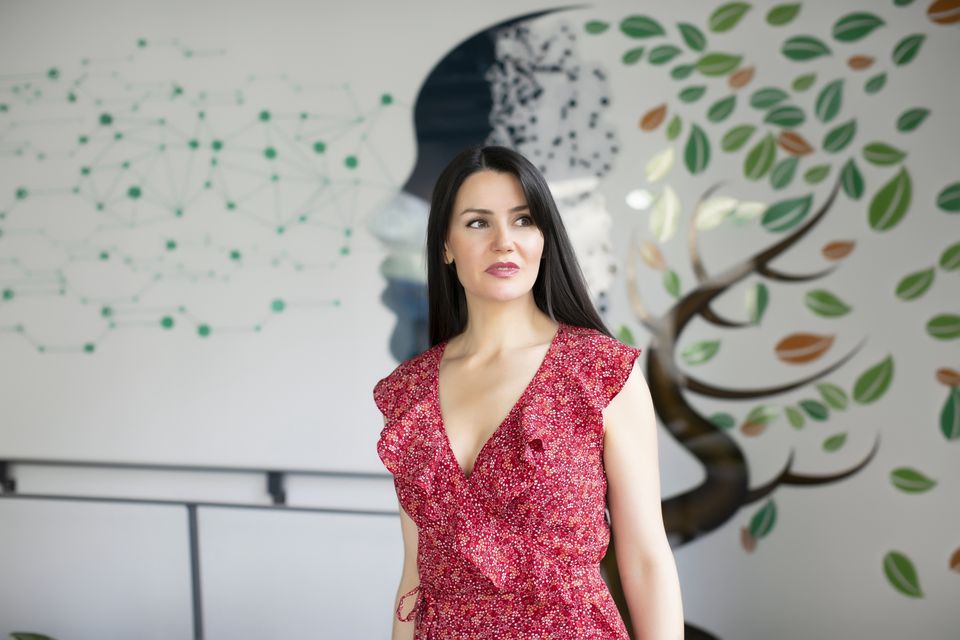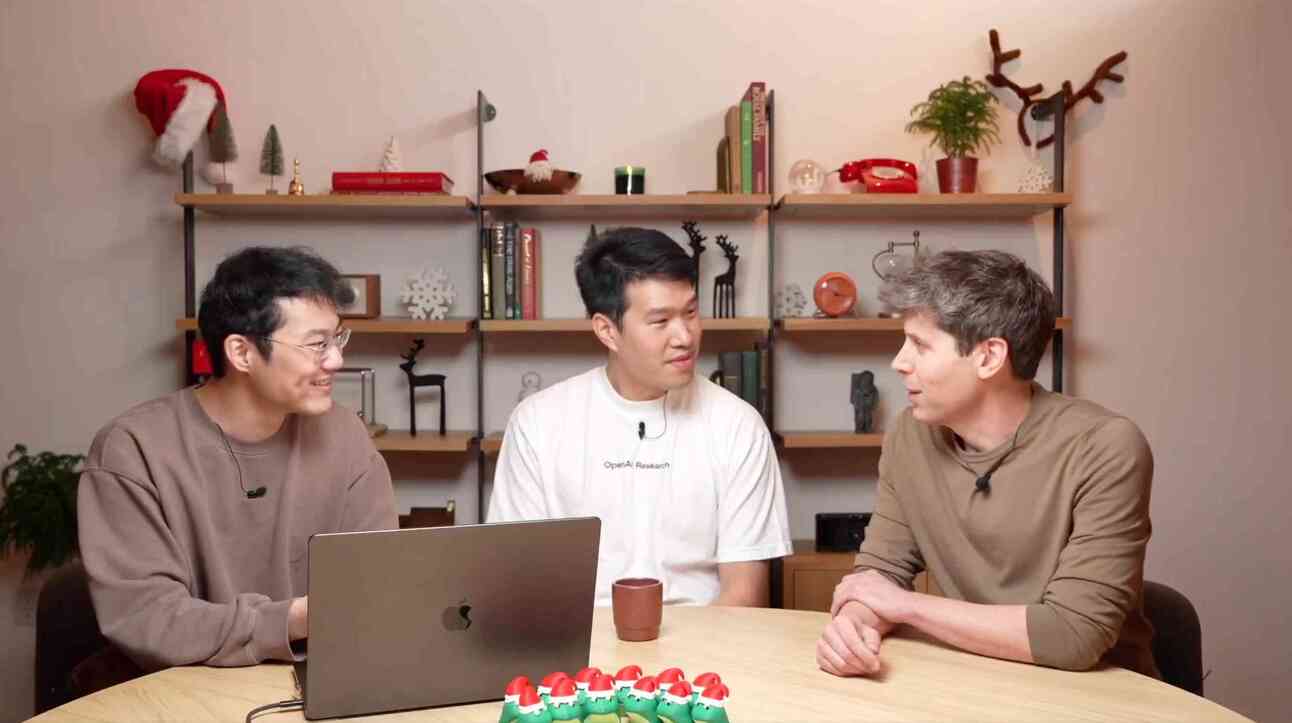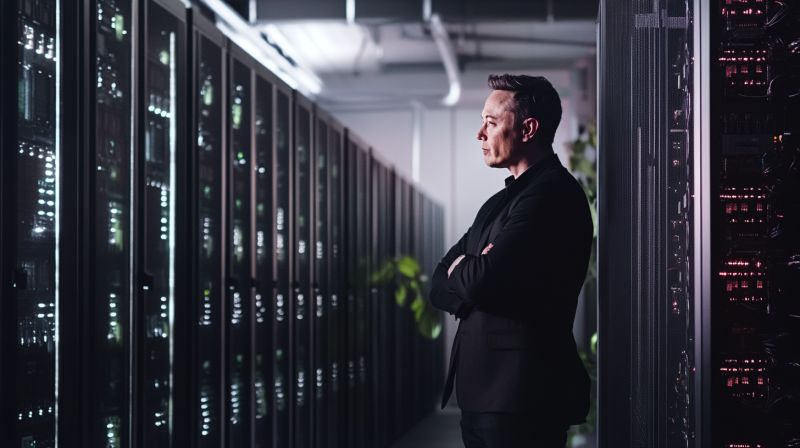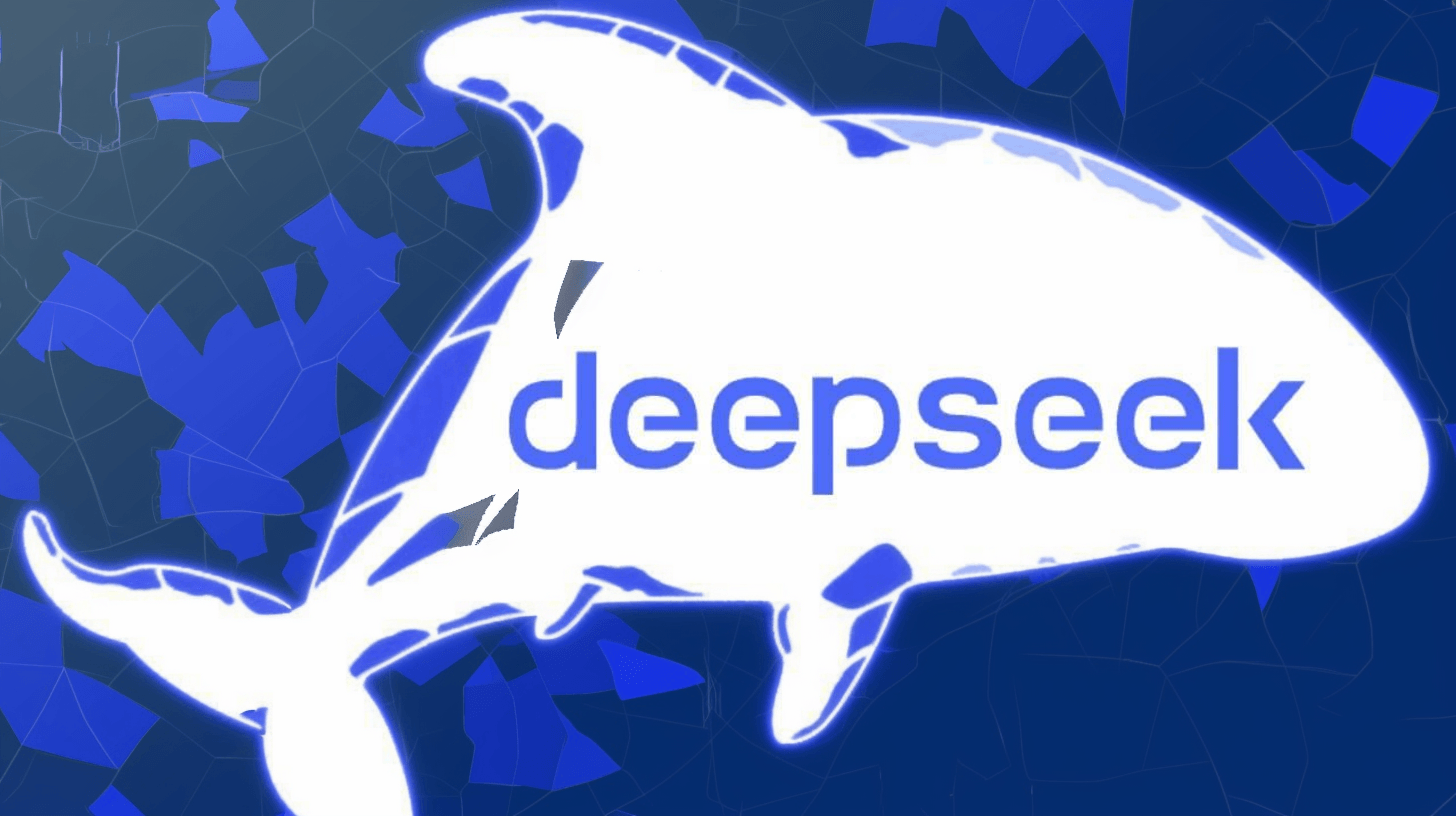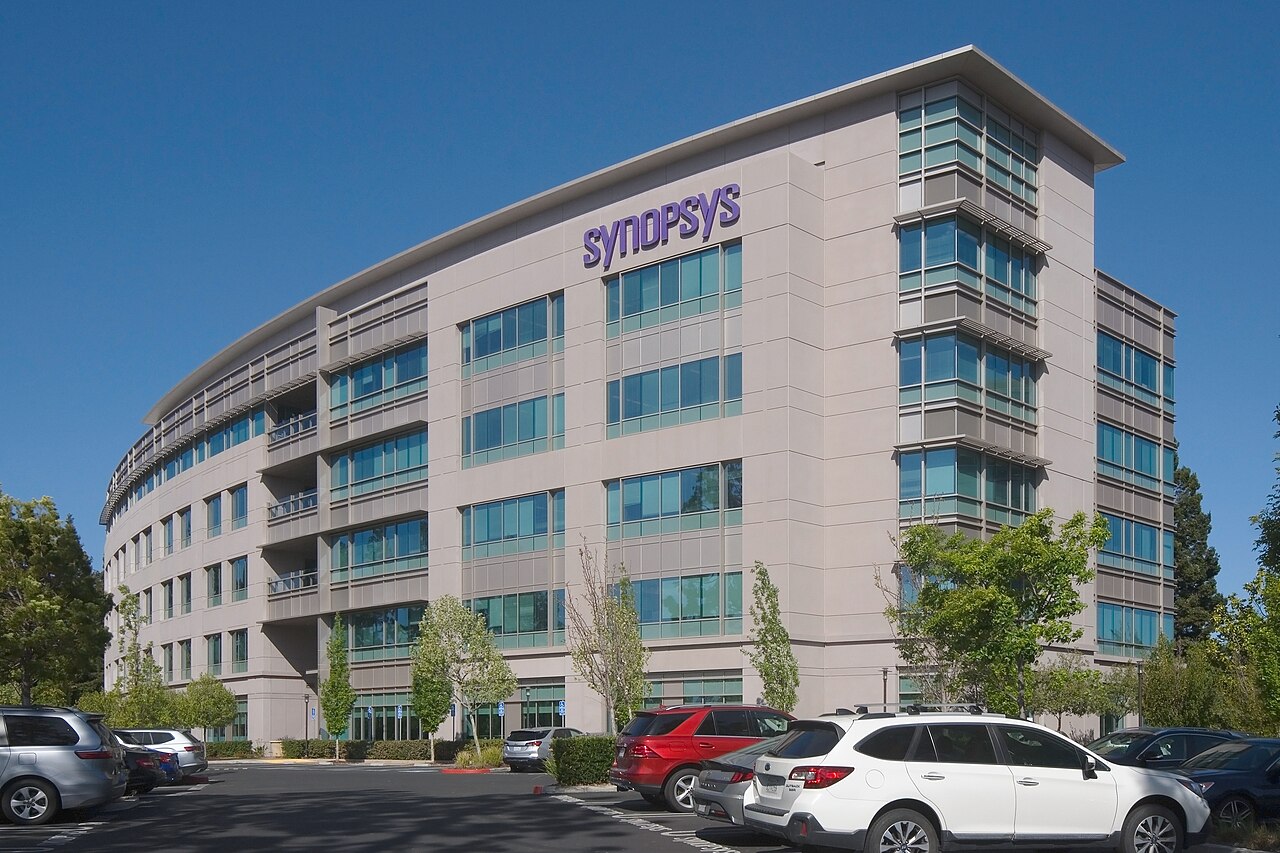AI Poetry Blurs the Line Between Humans and Machines
The divide between human creativity and artificial intelligence (AI) continues to narrow, particularly in the realm of poetry. A groundbreaking study reveals that readers often cannot tell the difference between poems written by literary greats and those crafted by AI, raising intriguing questions about art and perception.
AI Poetry Fools Readers
Researchers Brian Porter and Edouard Machery from the University of Pittsburgh conducted an experiment with 1,634 participants. Their goal was to determine whether readers could distinguish AI-generated poems from those written by iconic poets such as William Shakespeare or Emily Dickinson.
Participants were tasked with identifying the origin of each poem—human or AI. Surprisingly, the results showed that readers frequently misattributed AI-generated verses to human authors. Conversely, many poems penned by actual poets were labeled as machine-generated.
How Perception Shapes Judgment
In a follow-up experiment involving 696 participants, the researchers analyzed how perceived authorship influenced evaluations of the poems. The participants were divided into three groups: one was told the texts were human-made, another was informed they were AI-generated, and the third group received no background information.
The findings were striking:
- Poems believed to be AI-generated were judged more critically, regardless of their true source.
- Those who had no prior information often rated AI-created verses more favorably.
These results underscore the role of expectations in shaping how we assess artistic works.
Why Does AI Poetry Confuse Readers?
Several factors may explain this phenomenon.
- Complexity vs. Clarity: Human poetry, renowned for its depth and complexity, can sometimes feel incoherent. In contrast, AI poems often prioritize clarity and accessibility, which readers might misinterpret as a mark of human expertise.
- Biases About Creativity: People instinctively assume that humans excel in artistic expression. When faced with simple, comprehensible poems, readers are more likely to attribute them to human authorship, believing complexity is a hallmark of AI.
Redefining Art and Creativity
This study challenges traditional notions of creativity and aesthetic judgment, raising profound questions about the nature of art in an age of algorithms. As AI continues to push the boundaries of artistic expression, it also reshapes how we define and value creativity itself.
